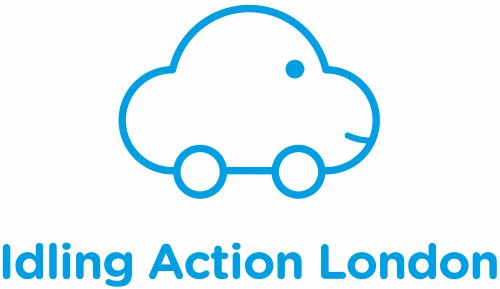The recent story of diminishing public investment in HSE and local authority enforcement has sometimes been justified as a necessary focus on the higher hazards against everyday risks.
Opinion
Power and risk
Connected to this, as well as to the increases in fines since the changes to the sentencing guidelines in 2016, have been discussions as to whether we are really prepared to go down the road to self-management.
Have we reached the stage where regulation, guidance and the threat of punishment combined mean that we have no need of enforcement at all?
This would seem a step too far. We still see some companies try and cut corners to reduce costs and be more competitive as they bid for contracts.
HSE still runs initiatives to target sites where there are higher rates of accidents and ill health. How we regulate the safety of tower blocks clearly needs work. Yet, irrespective of any increased government funding, there are some anomalies in enforcement action that remain backward-looking.
A manager recently described how two of his workers were off work for a considerable time: one had been electrocuted, which was reportable as a RIDDOR incident; the other was off work for stress and anxiety after witnessing the incident.
This was not RIDDOR reportable.
Can we really say we take people’s health as seriously as their safety while we have these distinctions? Of course, there are other developments in work and in society that need attention, if we are to control the risks that matter to people.
Mental health is a hugely complex challenge. Research is consistently alerting us to its true scale and its complex drivers – in and out of work. Whether it’s the increase in the contingent workforce or the number of people with two jobs or the ageing workforce, there is a discussion needed about whether the existing legal framework to protect workers’ health is sufficient.
Living in the age of the digital adds to this complexity.
Work is increasingly facilitated by communication technologies that can produce insecurity, whether it’s the self-employed worker who can’t access statutory sick pay or the courier who doesn’t get paid leave or even know what hours they will be working next week.
 if you don’t know what your rights are, what use are they?
if you don’t know what your rights are, what use are they?
Yet with 4.6 million disabled people and people with long-term health conditions out of work, digitalisation offers opportunities to close the employment gap by providing disabled people with more flexibility to work. More research and understanding in how to regulate for these developments are needed, and I would recommend that members read two current government consultations.
Good work plan: establishing a new single enforcement body for employment rights and ‘Health is everyone’s business: proposals to reduce ill health-related job loss, both closing the first days of October, are an opportunity to update our approach to work. The latter’s reference to a desire to empower workers stands out and is a vital and often overlooked element of any good legal framework.
For example, the government “is considering introducing a new right to request workplace modifications on health grounds” to ensure that people who are not disabled are not excluded from the support they need to regain their health.
This looks sensible. Rights are about a certain distribution of power and if we look at an issue like presenteeism, a senior manager’s choice to work while sick is not quite the same as a junior member of staff who feels they have no alternative.
Yet with rights I would also say that education is needed: if you don’t know what your rights are, what use are they?
This is where our members, with their experience in working with the occupational safety and health legal framework can add to the debate. By involving workers and encouraging them to have a voice – not always done, I admit – our members understand that those who face risks are often best placed to help manage them.
Mike Robinson FCA is Chief executive of the British Safety Council
OPINION

Why your business should act on engine idling
By Jack Alexander, project officer, Idling Action London on 01 October 2021

The air we breathe is all our business
By Nicky O’Malley, director of corporate partnerships, Global Action Plan on 01 June 2023
Businesses have a vital role to play in improving air quality – and the UK’s Clean Air Day on 15 June is a great opportunity for companies to begin or renew their efforts in this area.

All jobs greener: why we need workforce transformation for a sustainable future
By Martin Baxter, deputy CEO, IEMA (Institute of Environmental Management & Assessment) on 01 June 2022
The shift to a green economy will create green jobs within new and emerging sectors, while those working in existing sectors will have to gain the requisite green skills to take advantage of the business value-creation opportunities that come from embedding sustainability across the whole organisation.



